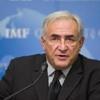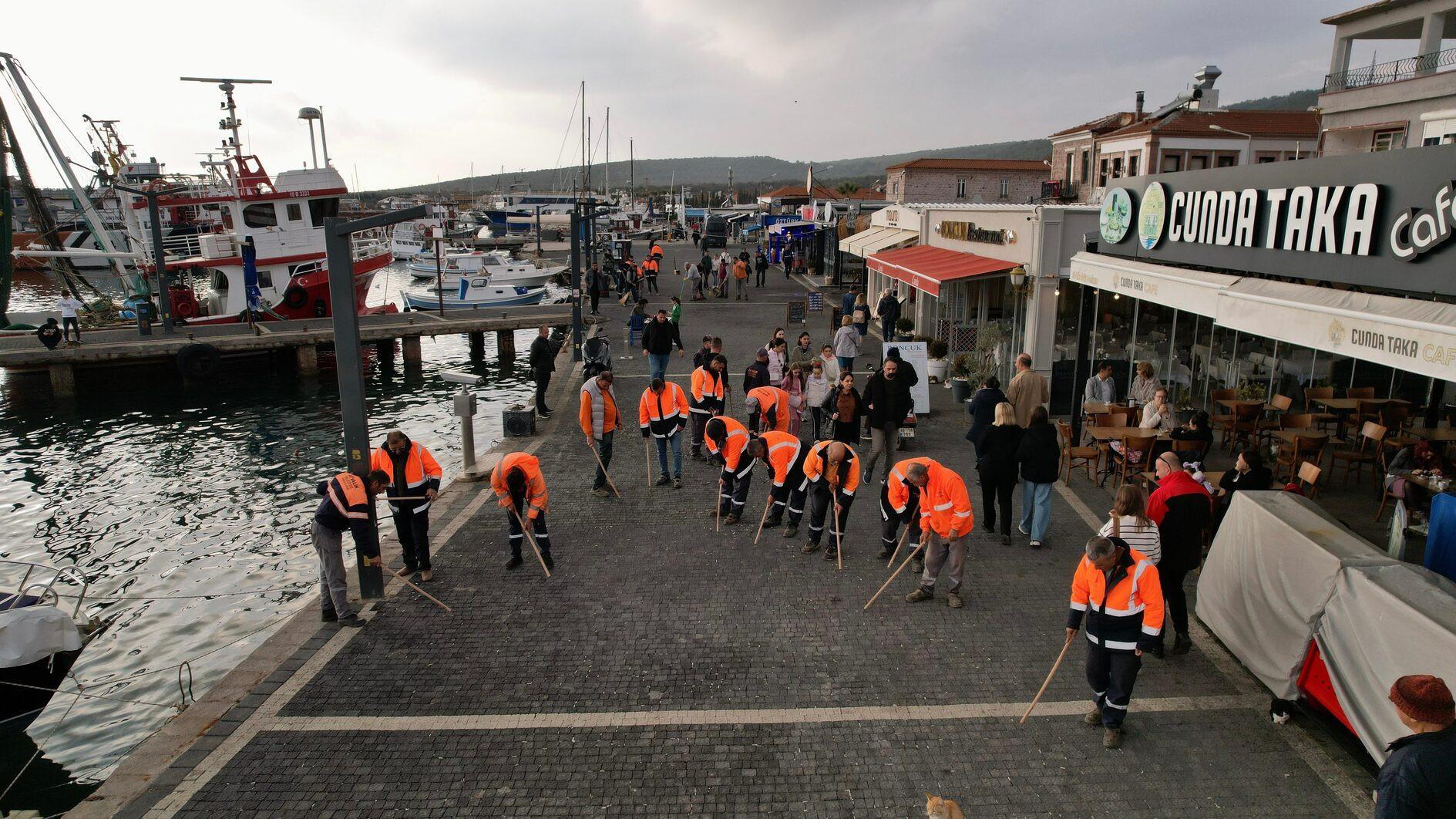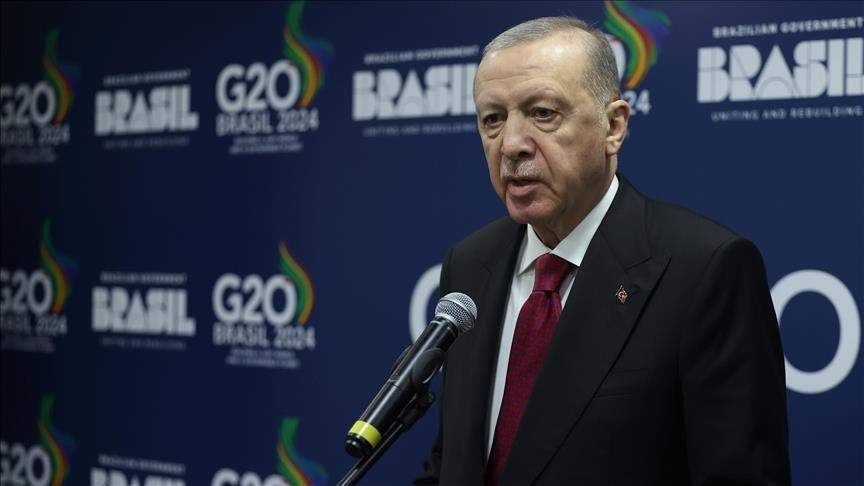IMF Turkey deal expected in "coming weeks," but size undecided
Hurriyet Daily News with wires

refid:11453150 ilişkili resim dosyası
"We are negotiating. … I believe in the coming weeks we will find an agreement," IMF Managing Director Dominique Strauss-Kahn told an audience at the National Press Club in
He added that only then would the size of the IMF financial package be known, Bloomberg and Reuters reported. "The needs of the Turkish economy are well known. They are big," he said.
Earlier Turkish media said that the deal would cover all of
On Friday, Turkish State Minister Nazim Ekren echoed similar views, saying the deal will be completed in a “very short time.”
The standby agreement between
Turkish Economy Minister Mehmet Simsek said on April 13 the government sees a three-year standby agreement with the IMF to help the country weather the global economic and financial crisis.
The Turkish economy has slumped in recent months, falling more than 6 percent in the fourth quarter, the first contraction since 2001, when the economy shrank nearly 10 percent in the final quarter due to a domestic financial crisis. In 2008 the economy is expected to contract more than 3 percent.
IMF confident
Strauss-Kahn expressed confidence in the Turkish economy. "In my view the Turkish economy is a strong economy," he said, adding that the previous IMF loan agreement had been successful in shoring up the economy, hit again by the global recession and financial crisis.
Both domestic demand and exports, once seen as the engine of
Analysts have said that the worsening economy was behind the setback of Prime Minister Tayyip Erdogan's Justice and Development Party, or AKP, in the local elections last month, although his government has weathered the storm better than emerging market economies in central and eastern Europe.
The global economic meltdown may be starting to abate and recovery could emerge in 2010 if countries act together and immediately adopt policies aimed at ending the recession, he also said, adding, "2009 will almost certainly be an awful year; we expect global growth to enter deeply negative territory."
He said the impressive economic gains many countries have made during the past decade are being threatened.
















